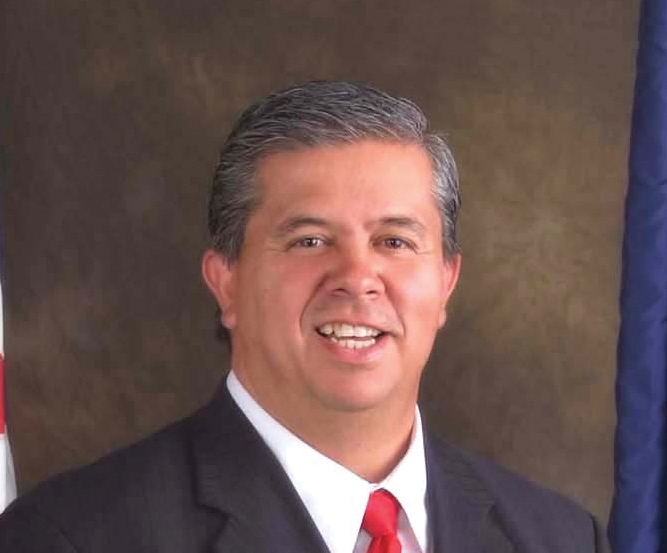Starting teacher pay will increase by $2,000 next year if lawmakers approve the new budget proposal Tom Luna unveiled Tuesday.

Luna’s nearly $1.4 billion budget request includes $42.5 million in new funding to begin phasing in the career ladder teacher pay system outlined by Gov. Butch Otter’s Task Force for Improving Education.
If the budget is signed into law, minimum teacher pay would increase from $31,000 to $33,000 – a 6.4 percent increase. If the plan is fully enacted and funded, starting pay would jump to $40,000 within six years.
The career ladder plan would do away with the existing salary grid and establish standard, professional and master teacher tiers, with the three rungs tied to licensure, performance, an accountability system and incentives.
“It not only changes the grid, but makes significant strides in increasing teacher pay,” Luna said.
Sen. Steven Thayn, R-Emmett, said the career ladder proposal represents an improvement over the salary grid, which rewards teachers for education and experience.

“The idea of having a career ladder where you can go to the top or come back down to the bottom depending on if you fulfill the requirements is a departure from all that we’ve done in the past,” said Thayn, who sits on the Senate Education Committee and the budget-writing Joint Finance-Appropriations Committee. “I think the concept is a lot better because there is flexibility in that system, and that is preferable to the inflexible system we have now.”
If Luna’s budget is approved, the first step of starting pay for professional teachers (tier two) would be $40,000, while the first step for master teachers (tier three) would be $47,000.
After a six-year phase-in, the career ladder would establish a $40,000/$50,000/$60,000 salary structure for the three tiers.
The total cost of moving to the career ladder pay system is estimated to run $200 million to $250 million. As is the case now, districts would be able to pay their own teachers more than the state sends to districts, but the career ladder would establish the minimum.
“There will be a lot of discussion on that issue, and I’ll be interested in what the teachers’ union response is to those discussion because they’re the other big player in the room,” Thayn said.
